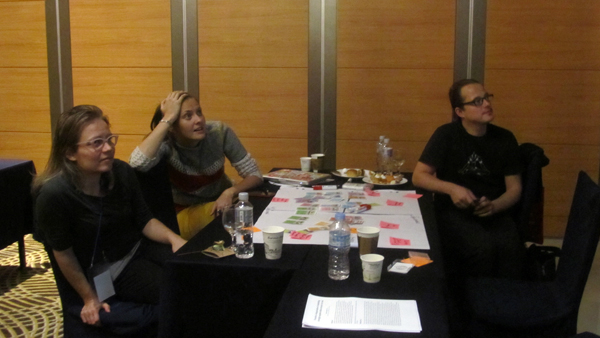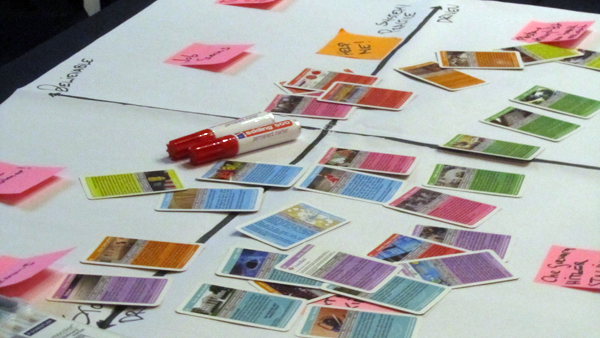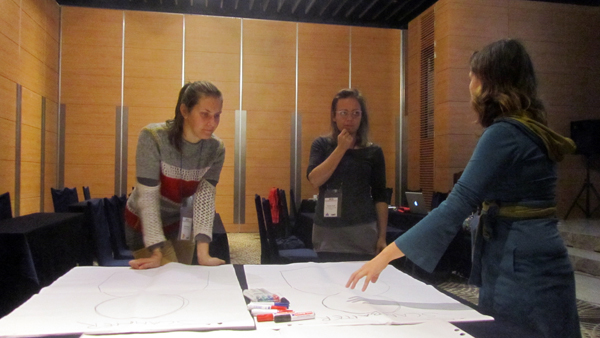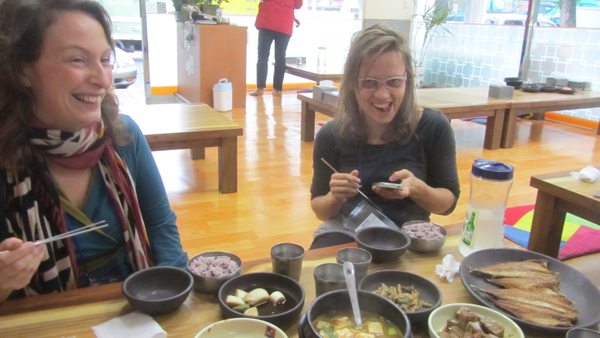This workshop will be offering the participants both a theoretical and practical introduction to interactive narratives in ‘419-fictional environments’ created by scammers and scambaiters. We seek to understand different sides of online fraud and through creative storytelling reflect on issues like online privacy, virtual representation and trust within networks. We also draw parallels to other practices and cultures like: gaming, transmedia storytelling or creative activism. Through a ‘419fiction toolkit’ participants take the first steps of creating their fictional characters and infiltrating a scammers story-world to observe and interrupt their workflow.
We explore how persuasive narratives are setup, how characters are designed and how dialog is exchanged to build trust between the acting parties. We will use social media and various content generators and other tools to orchestrate internet fiction, creating entrance points to a story world and spreading traces of information online. By reflecting on scam bait experiences we enter a discussion around the topic of interactive narration connecting to the participants’ and their general work in this field.
Intended audience
The intended audience of this workshop would be students, artists, writers, narrative designers, and other people involved in the creation of Interactive Digital Narratives on a practical level or those with an interest in that direction. Attendees should be willing to actively participate in the discussions and the practical exercises which require to bring an own laptop, decent internet connection, some improvisational role-playing, internet savviness and an active imagination. We imagine an ideal group size of 10-15 participants.
Format
Half day workshop with theoretical introduction and a practical module. The theoretical module introduces the participants to the history of scamming, different types of scams and how the world of fraud has been dealt with in different genres – ranging from pop culture to modern art. The practical part of the workshop starts by introducing the participants to a specially designed ‘Scam the Scammer Kit’, a collection of tips for secure and ethical scambaiting, instructions how to start a non-traceable design of a new identity, tools to design a credible character and a storyworld around the bait by using transmedia storytelling methods, social media and various content generators.
Case studies
Three case studies/artistic works done by the kairus collective will be presented. Parts of the works will be used to analyze the communication of scammers and victims or will be used to directly speak to internet scammers:
Case study #1:
Let’s talk business
Paper published at xCoAx 2015
Case study #2:
Password:******
Paper published at Cyberworlds 2014
Case study #3:
Re:Dakar Arts Festival
Paper published at ICIDS 2013
Organizers’ short bios
Andreas Zingerle is a media artist from Innsbruck, Austria.
Currently Andreas is a PhD candidate at the University of Art and Industrial Design, Linz/Austria where he also graduated at the Interface Cultures department. In 2008, he did an Erasmus exchange at Media Lab, Taideteollinen korkeakoulu, Helsinki/Finland. He is researching scambaiting strategies and implements their mechanics in interactive narratives and media competence trainings. In the last years he worked on several installations exploring a creative misuse of technology and alternative ways of Human Computer Interaction.
Linda Kronman (MA) is a media artist and designer from Helsinki, Finland. She has worked as an Art Director for media production companies and taken part in several multidisciplinary art and design projects. In her artistic work she is interested in exploring various participatory art&design practices, specially in connection to creative activism. Currently she is completing the postgraduate program in MediaArtHistories at the Danube University Krems, Austria.
Contact
Past 419-fiction workshops:
2015
ISEA Conference, Vancouver/Canada
Electronic Literature Conference, Bergen/Norway
Digital Culture Research Group, University of Bergen, Norway
2014
.IR15, Internet Research conference, Daegu/South Korea.
AMRO 2014, Linz/Austria.
BILGI UNIVERSITY, Istanbul/Turkey.
2013
ICIDS 2013, Istanbul/Turkey.
Linz Art University and Johannes Kepler University Linz, WEB
SCIENCES-PROGRAM, Linz/Austria.
LOCAL PROJECT GALLERY, NYC/USA.
Publications:
- Kronman, L., Zingerle, A. (2013), ICIDS 2013 Workshop: Revisiting the Spam Folder–Using 419-Fiction for Interactive Storytelling. Interactive Storytelling, 279.
- Kronman, L., Zingerle, A. (2013), Humiliating Entertainment or Social Activism? Analyzing Scambaiting Strategies Against Online Advance Fee Fraud. Cyberworlds (CW), 2013 International Conference on. IEEE.






